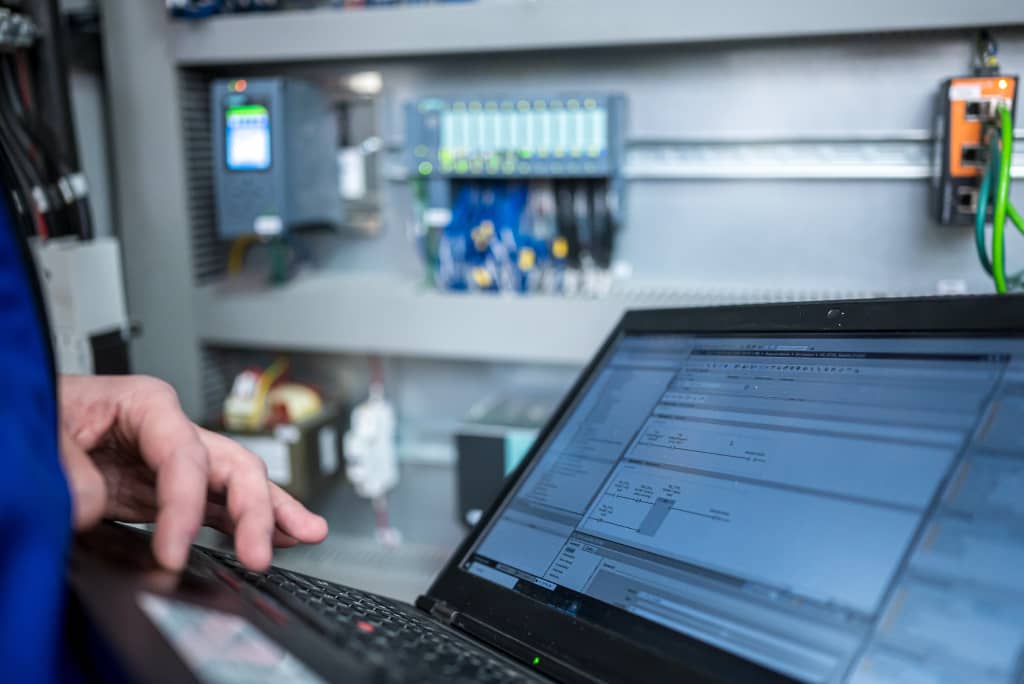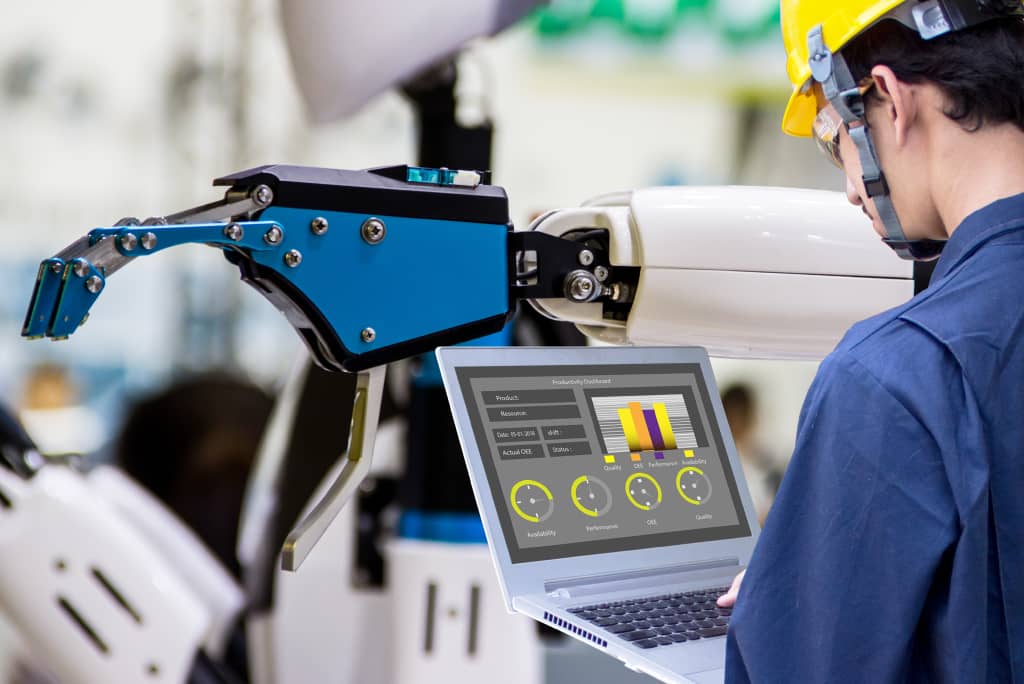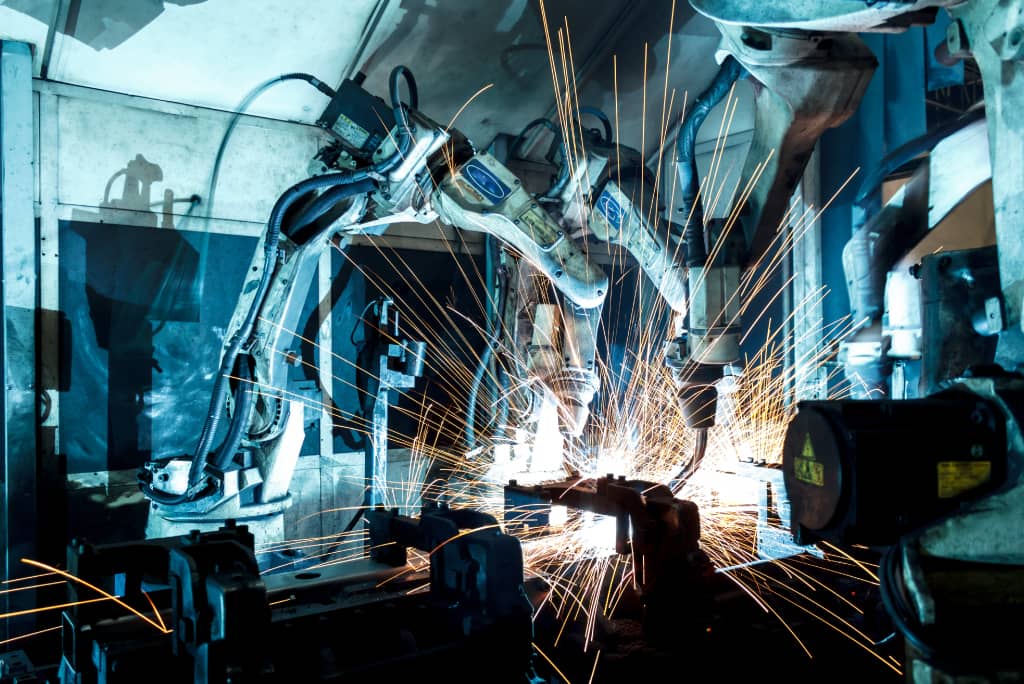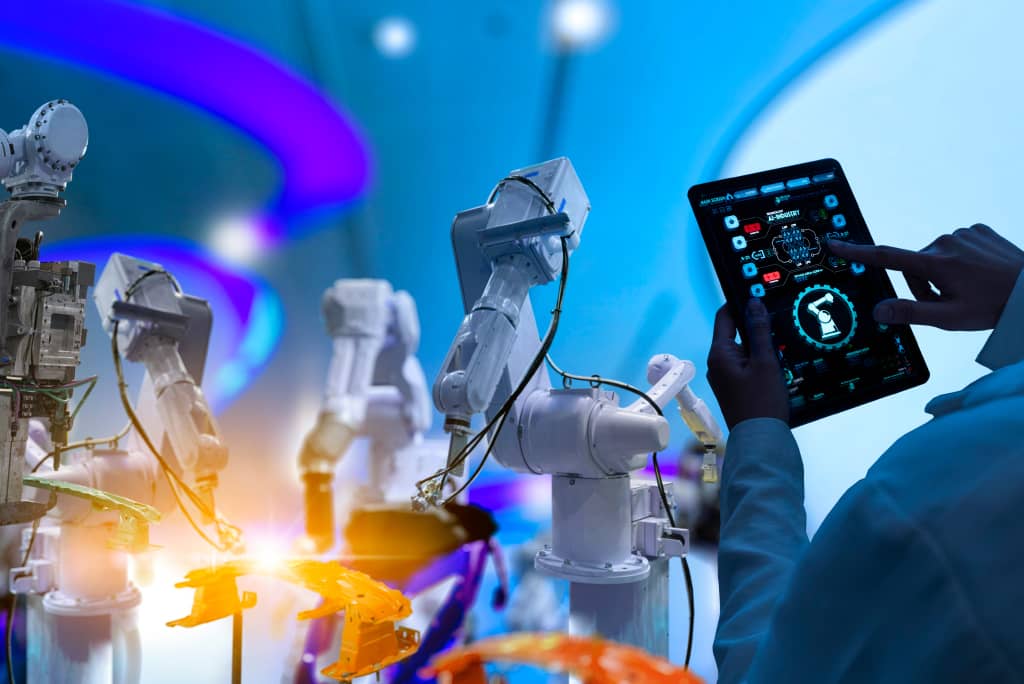RECENT POSTS

How to Hire On-Site PLC Programmers Near You
When you are in the market for skilled, experienced PLC programmers, it is helpful to define your project requirements ahead of time. Outlining project scope, objectives, and desired results can help narrow your search to those with the right skills to meet your goals. It is also helpful to think about your budget. While cost is important, finding the PLC programmer who can solve your problems is key.
Searching for “PLC programmers near me” might provide you with a list, but finding the right fit for your organization will take a bit more work. Here are some of the key areas you will want to probe to make sure any “PLC programmer near me” you find can get the job done right.
Technical PLC Programming Expertise
The number one criterion to assess is the depth and breadth of the programmer’s PLC capabilities. They need to showcase mastery of popular PLC programming languages commonly used in the industry. For example:
- Ladder logic: This visual programming language represents a program through graphs that resemble relay ladder logic diagrams. It is the most prevalent language used in PLC programming in the US.
- Structured text: This high-level textual language uses standard programming statements like IF-THEN-ELSE, CASE, and REPEAT. It resembles Pascal programming syntax and allows complex functions to be written compactly.
- Function block diagrams: This language represents a program through interconnected graphical blocks, with each block executing distinct functions. See if programmers can build basic function block diagrams.
Additionally, competent programmers should be well-versed in major PLC brands. You want to make sure “PLC programmers near me” have experience working on the brands you use.
Domain Experience
It is extremely helpful when programmers have experience in your industry. Expertise accrued from years working within your domain provides a better understanding of standardized processes and equipment.
For instance, programmers who have spent significant time in the automotive sector will be familiar with the workflows, machinery, and automation used in auto plants. This background helps streamline integration within your facility.
Problem-Solving
PLC programmers confront intricate, multifaceted problems daily, so they need to be expert problem solvers. Debugging faulty logic circuits, optimizing conveyor subroutines, and troubleshooting communication errors are just a small fraction of the challenges they tackle.
You want programmers who can methodically analyze issues from multiple standpoints, identify root causes through testing, and innovate solutions. Assess critical thinking capacity and attention to detail by presenting real-world PLC scenarios and gauging responses.
You also want to get a sense of their ability to handle pressure and think clearly during equipment failures—calm, focused professionals who can rapidly decipher and rectify issues, minimizing downtime and mistakes.
Communication Skills
Programming PLCs involves collaboration with technicians, production managers, and senior leadership. Those able to communicate effectively and synthesize complex details for non-technical personnel are tremendously valuable.
You want proactive programmers who provide unsolicited progress updates, highlight potential improvements, and convey equipment needs. Set the expectations for communication at the start of a relationship to avoid frustration as projects unfold.
References and Testimonials
Talking to past clients can give you a first-hand report on how a PLC programmer works. Go beyond testimonials and references and speak directly to contracts. They can provide an independent report on a programmer’s strengths, weaknesses, and capabilities.
If you have specific concerns, ask how the programmers conducted themselves as it relates to your goals.
PLC Programmer Warning Flags
You should expect professionalism when working with a PLC programmer, so look for some of the warning signs that might indicate an issue down the road. For example:
- Vague experience: Programmers who speak in generalities about prior roles without offering concrete examples should raise suspicion. Insist candidates provide detailed accounts of specific projects, quantifiable results achieved, and verifiable references.
- Lack of technical specificity: Seasoned PLC experts discuss code with precision and authority, analyzing logic examples and highlighting optimization techniques. Programmers unable to articulate such specifics likely lack true subject matter mastery.
- Blaming clients or employers: Programmers who disparage former colleagues or companies demonstrate problematic behaviors. Mature professionals accept personal accountability for work relationships and results.
- Overpromising capabilities: Programmers who make exaggerated claims about their skills or guarantee specific outcomes without understanding project details should be viewed skeptically. Experts know how to set realistic expectations.
- Limited hardware knowledge: With the complexity of PLC hardware configuration, candidates should have mastery not just of software logic but associated modules, I/O setups, communication networks, and device integration.
Engaging a “PLC programmer near me” can have a significant, long-term impact on your operation, so you want to make sure you get the right-fit candidate.
With Pacific Blue Engineering, you get experienced PLC programmers and proven results. As engineering consultants and controls system integration experts, the team at Pacific Blue Engineering understands the challenges of implementing complex automation solutions on schedule and fulfilling your project specifications.
Contact Pacific Blue Engineering today at (657) 201-8603 or request a consultation online.
similar posts
Certifications
Contact Us
Telephone:
Corporate Office “The Shop”
Pacific Blue Engineering, LLC
2880 Orange Ave
Long Beach, CA 90755
© All contents copyright © 2023 by Pacific Blue Engineering













